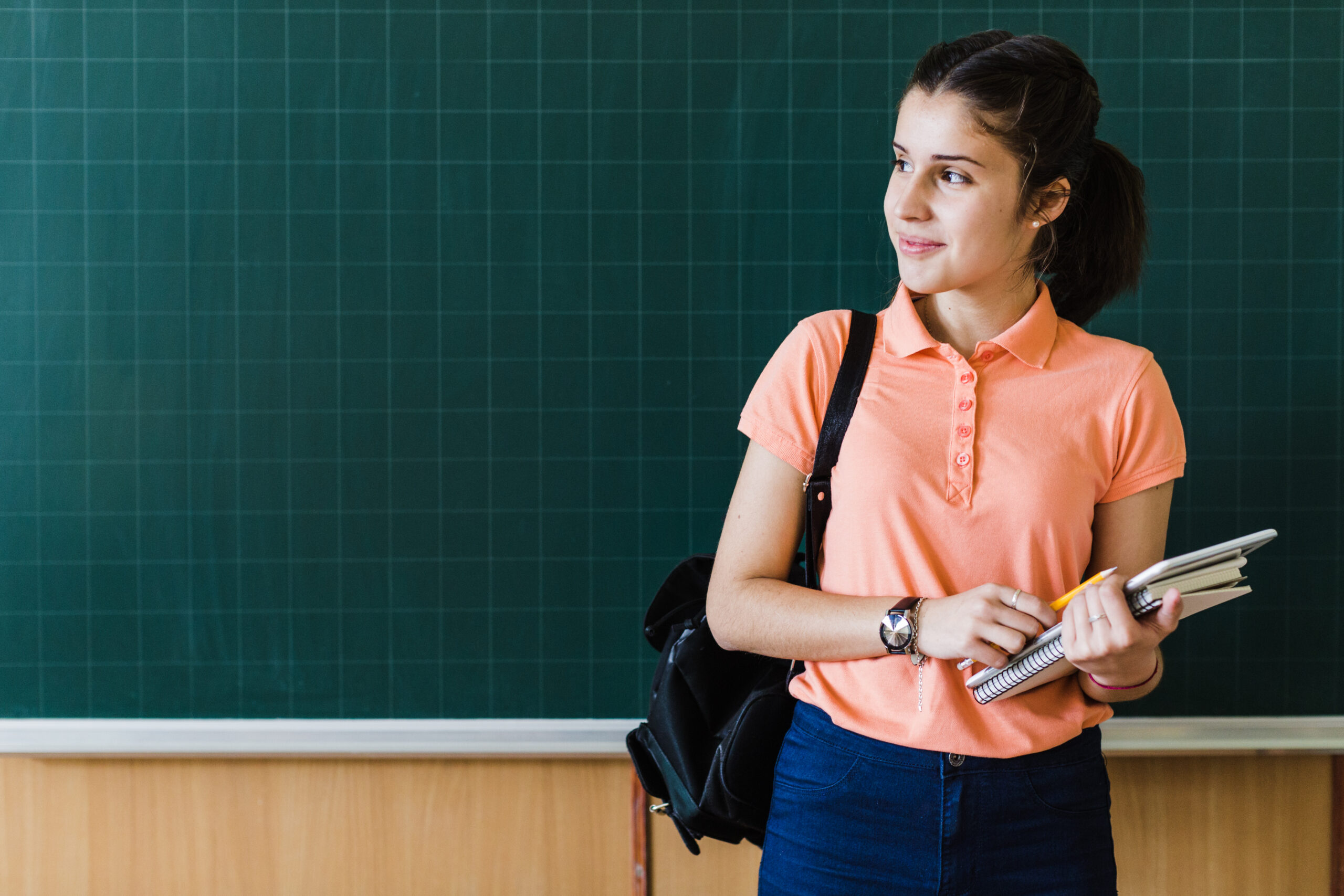
The Enriching Role of Travel in Cultivating Cultural Understanding in Education: Insights from Educational Leaders
Education transcends the confines of a classroom, and the impact of travel on a student’s worldview is unparalleled. Recent discussions have seen educational leaders underscore the profound role that travel plays in shaping a student’s cultural awareness and global perspective.
The significance of travel in enriching cultural understanding within education has been emphasized by educational leaders and experts. Principal KV Arjun Rao at JBCN International School in Mumbai believes that travel is a pivotal aspect of a child’s education. “It’s not just about planning trips; it’s about nurturing an appreciation for diverse experiences and cultures,” Rao asserts.
He highlights that regardless of age, travel leaves an enduring impression on students, fostering a lifelong passion for exploration and learning.
Travel provides firsthand experiences that cannot be replicated within a classroom. It exposes students to diverse cultures, traditions, languages, and ways of life, facilitating experiential learning that extends beyond the confines of textbooks.
CULTURAL IMMERSION
Immersing themselves in a different culture enables students to engage with locals, sample new foods, partake in customs, and observe daily life. Such immersion plays a pivotal role in dispelling stereotypes, nurturing empathy, and fostering tolerance and appreciation for diversity.
CULTURAL COMPETENCE
Exposure to diverse cultures cultivates cultural competence among students—the ability to interact and collaborate effectively with individuals from various cultural backgrounds. This skill is indispensable in an increasingly diverse and globalized workforce.
“The most valuable education I’ve received is through travel,” highlights Aishwarya Rao, Director of the Vivekalaya Group of Institutions, underscoring the transformative power of firsthand cultural experiences.
She emphasizes that travel provides an immersive learning experience, revealing the coexistence of vastly different civilizations.
LANGUAGE ACQUISITION
Traveling frequently exposes individuals to different languages. Being in an environment where a different language is spoken can expedite language learning and comprehension, motivating students to communicate beyond their native tongue.
It introduces students to new and unfamiliar situations, prompting them to think critically and solve problems in real-time. Navigating cultural differences and adapting to new environments fosters resilience and adaptability.
PERSONAL GROWTH
Traveling has the potential to spur personal growth by pushing students beyond their comfort zones, fostering confidence, independence, and resilience. It promotes self-reflection and a deeper understanding of one’s identity in the broader world. Educational leaders frequently endorse the inclusion of travel and cultural exchange programs in educational curricula. These experiences complement traditional classroom learning, enhance students’ perspectives, and contribute to the development of well-rounded, globally aware individuals capable of navigating an increasingly interconnected world.



